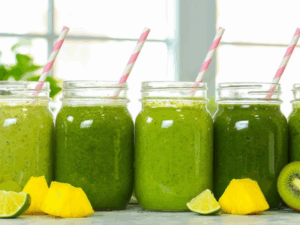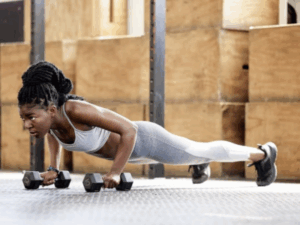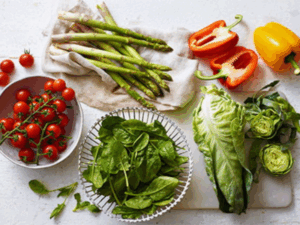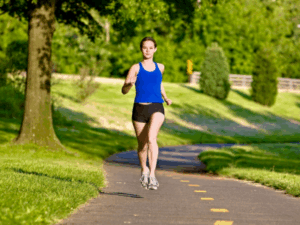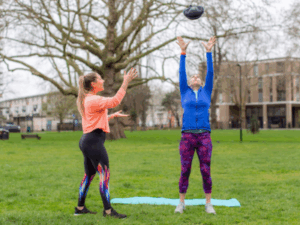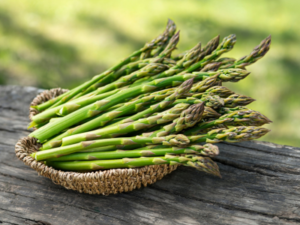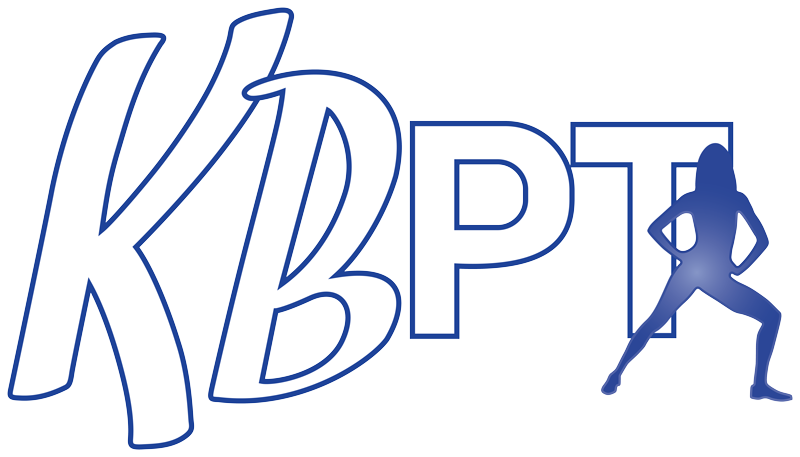Did You Do Dry January?
January is often a time for fresh starts, with many people embracing challenges like Dry January—a month-long commitment to abstaining from alcohol. Whether you participated this year or simply reduced your intake, taking a break from alcohol often brings noticeable benefits. Improved sleep, better mood, more energy, and even enhanced workout performance are just a few of the positive changes many people experience.
But what happens after Dry January? How does alcohol affect your fitness goals, and is it possible to strike a healthy balance between enjoying the occasional drink and maintaining an active lifestyle? At KB Personal Training, based in East London, we’re here to explore how alcohol and exercise interact and how you can make informed choices to support your health and fitness journey.
The Impact of Alcohol on Exercise
While the occasional drink might not derail your fitness progress, it’s essential to understand how alcohol affects your body, especially if you’re working toward specific goals like building strength, improving endurance, or losing weight.
- Dehydration and Recovery: Alcohol is a diuretic, meaning it increases urine production and can lead to dehydration. Staying hydrated is crucial for optimal workout performance and recovery. Dehydration can result in muscle cramps, reduced strength, and delayed recovery after exercise.
- Disrupted Sleep Patterns: While alcohol might initially make you feel drowsy, it interferes with the quality of your sleep. Deep sleep and REM sleep, both vital for muscle repair and mental recovery, are often reduced after consuming alcohol. Poor sleep can impact your energy levels, focus, and motivation to work out.
- Slower Muscle Growth and Repair: Alcohol consumption can inhibit protein synthesis, the process your body uses to repair and build muscle after exercise. If strength training is a key part of your routine, frequent drinking could slow your progress.
- Reduced Endurance and Performance: Alcohol affects coordination, reaction time, and overall athletic performance. If you’re aiming to improve your cardiovascular fitness or participate in endurance sports, drinking before or after workouts can hinder your performance.
Striking a Balance: Alcohol and Fitness Goals
Maintaining a healthy lifestyle doesn’t mean you need to give up alcohol entirely. The key is moderation and mindfulness. Here are some tips for balancing alcohol with your fitness routine:
- Plan Ahead: If you know you’ll be enjoying a drink, time it around your workouts. Avoid heavy drinking the night before an intense training session or competition, as it can compromise your hydration, energy, and performance.
- Stay Hydrated: For every alcoholic drink, try to drink a glass of water. This helps combat dehydration and can also slow your pace if you’re drinking socially.
- Choose Wisely: Opt for lower-calorie or lower-alcohol options, such as light beer, wine spritzers, or spirits mixed with soda water. Avoid sugary mixers, which can add unnecessary calories and cause energy crashes.
- Set Boundaries: Limit alcohol consumption to specific occasions rather than making it a regular habit. This allows you to enjoy social moments without compromising your progress.
Socialising Without Alcohol
One of the best ways to find balance is to explore social activities that don’t involve drinking. East London offers countless opportunities to connect with friends while prioritising your health and well-being.
- Take a Walk: Enjoy the green spaces of Hackney Marshes, Walthamstow Wetlands, or Forest Gate’s Wanstead Flats. A walk with friends not only keeps you active but also provides an excellent opportunity to chat and unwind.
- Visit the Cinema: Shoreditch and Walthamstow boast fantastic cinemas where you can enjoy a relaxed evening without alcohol.
- Workout together: Exercising with friends is a fun way to stay motivated and spend quality time together.
- Try a New Hobby: From pottery classes in Forest Gate to cooking workshops in Shoreditch, discovering new activities can bring excitement and connection without centring around drinks.
Making these kinds of plans ensures you maintain a balanced lifestyle while still enjoying meaningful social interactions.
Alcohol and Weight Loss
If weight loss is part of your fitness journey, reducing alcohol intake can make a significant difference. Alcohol contains empty calories—7 calories per gram, compared to 4 calories per gram for carbohydrates and protein. These calories provide no nutritional value and can quickly add up, especially if you’re consuming cocktails or high-calorie beverages.
Additionally, alcohol slows down your metabolism by prioritising the breakdown of alcohol over other nutrients. This means your body burns fewer calories from food, making it harder to achieve a calorie deficit, which is essential for weight loss.
By cutting back on alcohol or choosing lower-calorie options, you can make it easier to stay on track with your nutritional goals while still enjoying occasional drinks.
How Alcohol Affects Mental Health and Motivation
Beyond its physical effects, alcohol can impact your mental health, which plays a critical role in maintaining a consistent exercise routine. Drinking too much or too often can lead to feelings of anxiety or low mood, both of which can sap your motivation to work out.
Mindfulness and moderation are key. Reflect on how alcohol affects your energy, mood, and drive to exercise. If you notice that even small amounts of alcohol leave you feeling less motivated or more sluggish, consider experimenting with cutting back and observing the difference.
Join KBPT and Prioritise Your Health
At KBPT, we’re passionate about helping people in East London, including Shoreditch, Walthamstow, Hackney, Stratford, and Forest Gate, achieve their health and fitness goals in a supportive and empowering environment. Whether you’re focusing on strength training, cardiovascular fitness, or holistic well-being, our trainers can guide you every step of the way.
Alcohol and exercise can coexist, but understanding how alcohol affects your body and fitness goals is key to finding a balance. By making mindful choices, staying active, and exploring non-drinking social activities, you can enjoy the occasional drink while still prioritising your health and fitness.
Remember, self-care is about finding what works best for you. Whether that means embracing Dry January, moderating your intake, or simply being more intentional about your habits, every step toward balance is a step toward better health.



